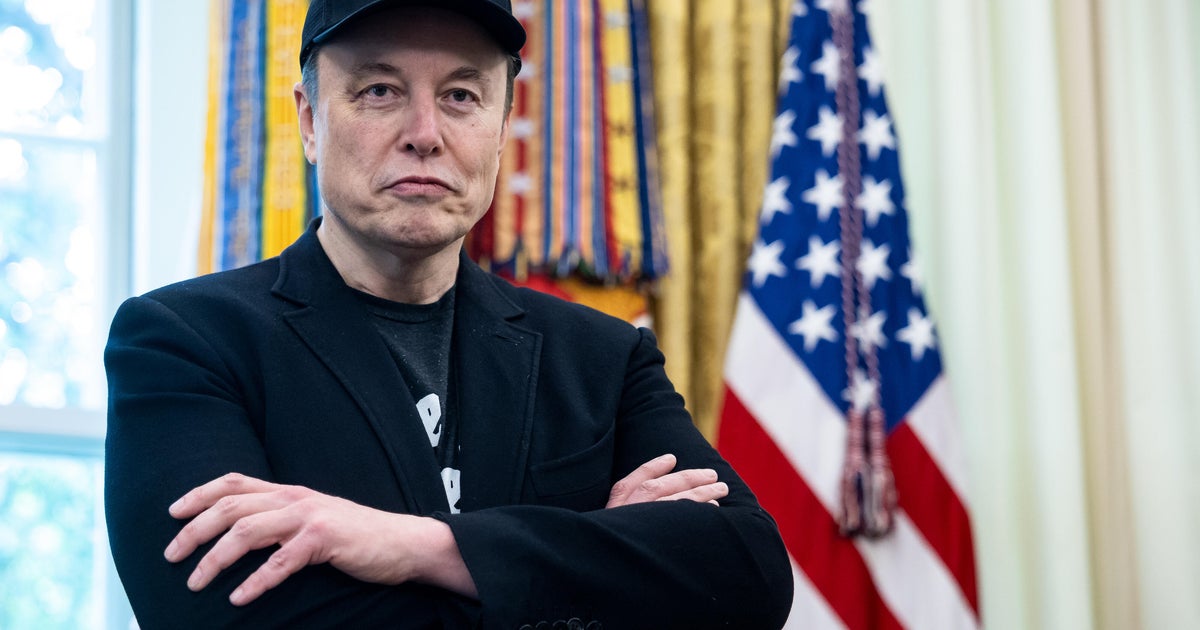Introduction to the Study
Elon Musk is widely regarded as a pioneer of electric cars. However, according to a recent study by researchers at Yale University, Tesla’s CEO has also single-handedly reduced the automaker’s sales. The study aimed to measure the impact of Musk’s policies on Tesla’s business, particularly his role as head of the White House’s Department of Government Efficiency (DOGE) and his acquisition of the social media platform Twitter.
Impact on Tesla Sales
The study shows that Elon Musk had a dramatic impact on Tesla sales due to his politically partisan activities that have nothing to do with Tesla’s core business. Musk’s negative impact on Tesla’s business became apparent starting in mid-2022, with sales declining particularly in Democratic-leaning states and counties. The researchers found that Democrats are far more likely to buy a Tesla than Republicans, and Musk’s actions angered his most loyal customer base.
Musk’s Involvement in Politics
Musk announced in May that he withdrew from DOGE, which was created by the Trump administration to shrink the federal government and cut spending. His foray into politics and his emergence as a prominent adviser to President Trump early in his second term boosted the entrepreneur’s visibility but angered some potential Tesla customers.
Tesla’s Financial Performance
Tesla last week reported third-quarter profit of $1.4 billion, down 37% from the same period last year, citing higher costs and tariff-related headwinds. Tesla’s vehicle sales fell 1% in 2024, even as electric vehicle sales rose 7% across the auto industry. However, investors are betting on growth in the company’s fledgling robotaxi business, autonomous driving technology, and plans to build AI-powered humanoid robots.
Musk’s Value to Tesla
The huge salary package that shareholders plan to vote on for the board could be worth up to $1 trillion in a decade, one of the richest compensation packages in the company’s history. For Musk to earn the full amount, Tesla would have to meet certain profitability and production targets and reach a market cap of $8.5 trillion in 10 years – nearly six times its current value. Tesla CEO is calling on shareholders to approve Musk’s proposed compensation, stating that without Elon, Tesla could lose significant value as the company may no longer be valued for what it strives to become: a transformative force that redefines the fundamental building blocks of mobility, energy, and work.

